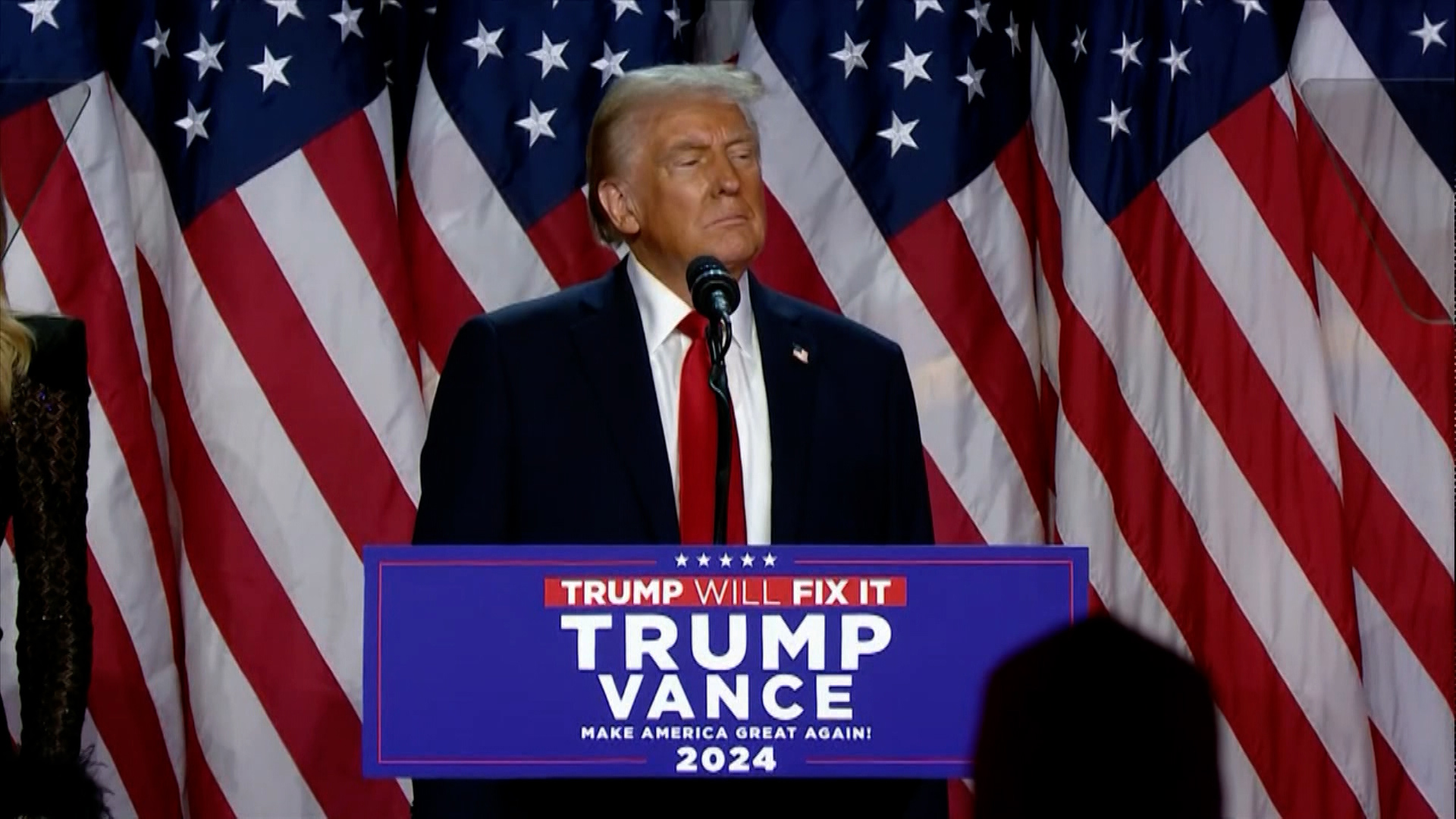Most people have heard the term 'information is power' and its been something that's prevalent with the Trump administration, most notably the recent Comey hearing.
A lot was said on Thursday morning with former FBI Director James Comey testifying in front of Congress against President Donald Trump, which included comments on the alleged Russian involvement in election hacking, the leaked memo, etc.
However, there were noticeable instances during the testimony not elaborated on due to certain information being defined as classified, but what does that actually mean?
When most people think of classified, they see black marked redacted lines on documents, and though it may be true, what is the difference between classified and unclassified information by government standards?
The United States Department of Justice (DOJ) states a clear definition of what's considered classified under the Classified Information Procedures Act (CIPA).
"[A]ny information or material that has been determined by the United States Government pursuant to an Executive order, statute, or regulation, to require protection against unauthorized disclosure for reasons of national security," according to the DOJ.
This means information the government deems harmful to national security is considered classified.
If a case makes it to the courts then a pretrial conference could be held on matters relating to that information.
"[A]t any time after the filing of the indictment or information, any party may move for a pretrial conference to consider matters relating to classified information that may arise in connection with the prosecution," according to the DOJ. "Following such a motion, the district court 'shall promptly hold a pretrial conference to establish the timing of requests for discovery, the provision of notice required by Section 5 of this Act, and the initiation of the procedure established by Section 6 (to determine the use, relevance, or admissibility of classified information) of this Act."
For most the opposite of classified would mean information is available, and to a certain extent it does, but in 2010, Executive Order 13566 was issued about 'Controlled Unclassified Information' (CUI).
"Controlled Unclassified Information" (the Order) establishes a program for managing all unclassified information in the Executive branch that requires safeguarding or dissemination controls pursuant to and consistent with applicable law, regulations, and government-wide policies," according to the CUI website.
The CUI guidelines aimed to improve uniformity across federal agencies and develop a standard controlled unclassification process policy.
With more set to happen in the Comey vs. Trump administration saga, be prepared to hear a plethora of information go either unmentioned or deemed classified from both sides because there are laws in place limiting what officials can say or release to the public.


